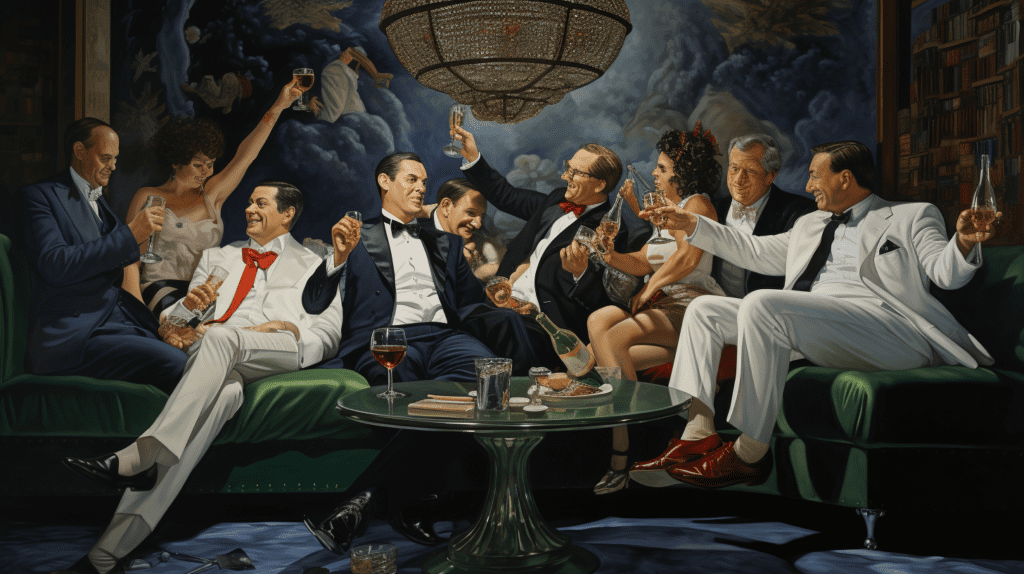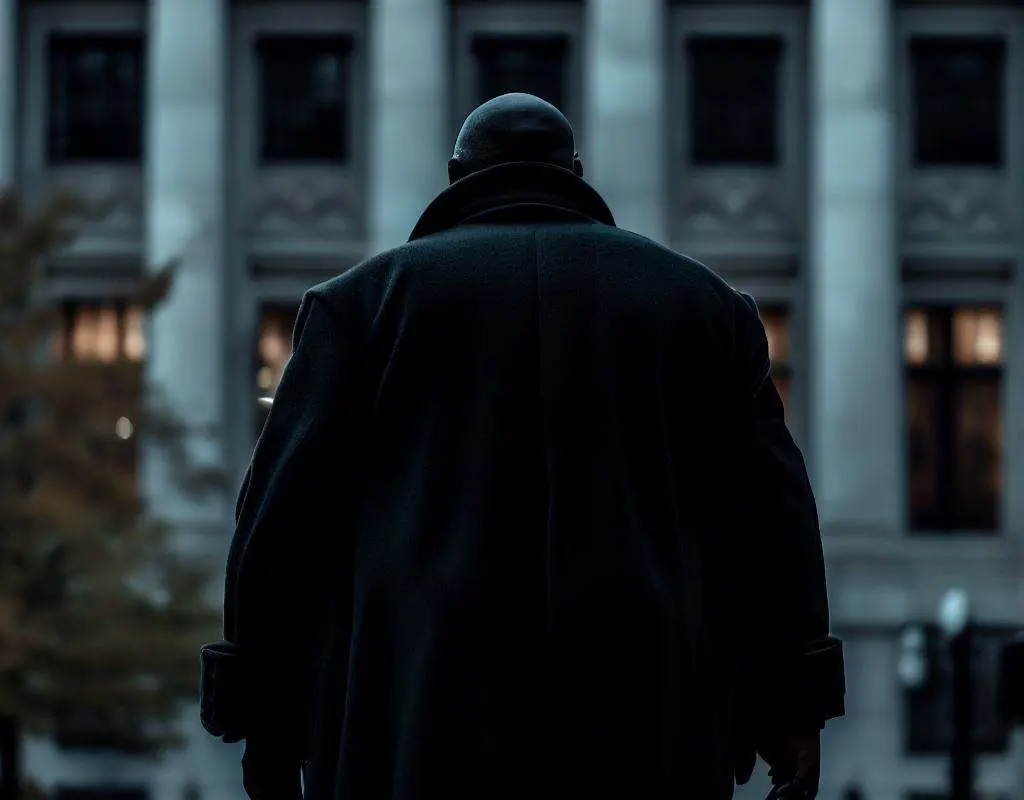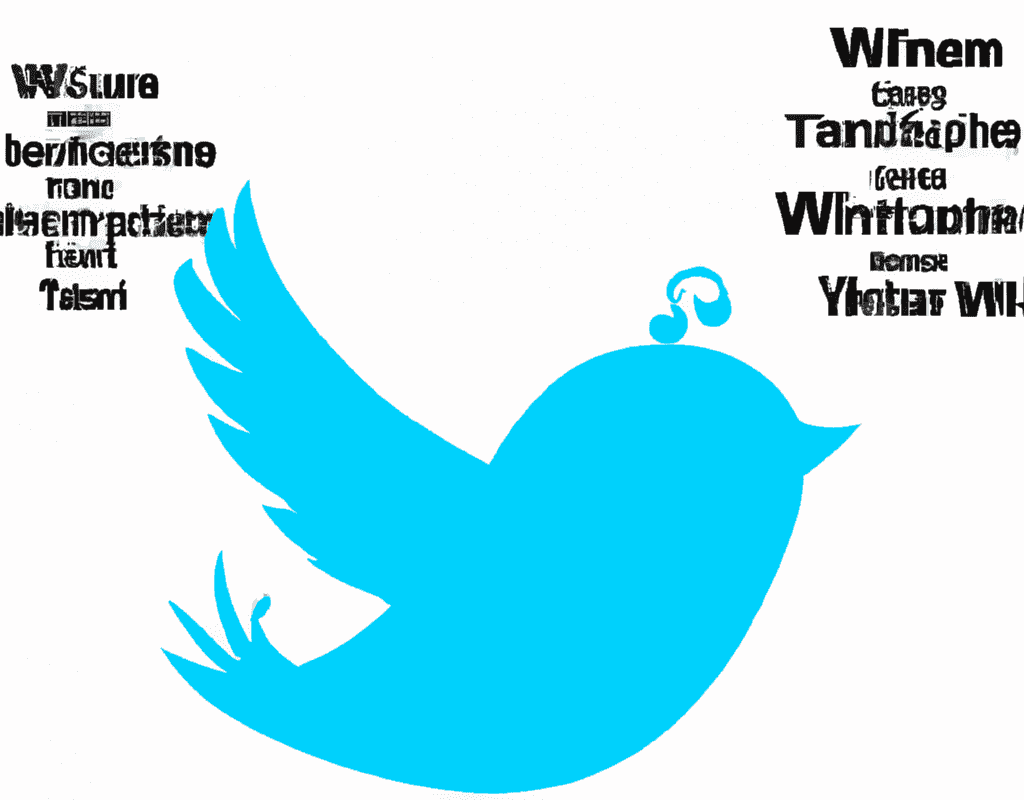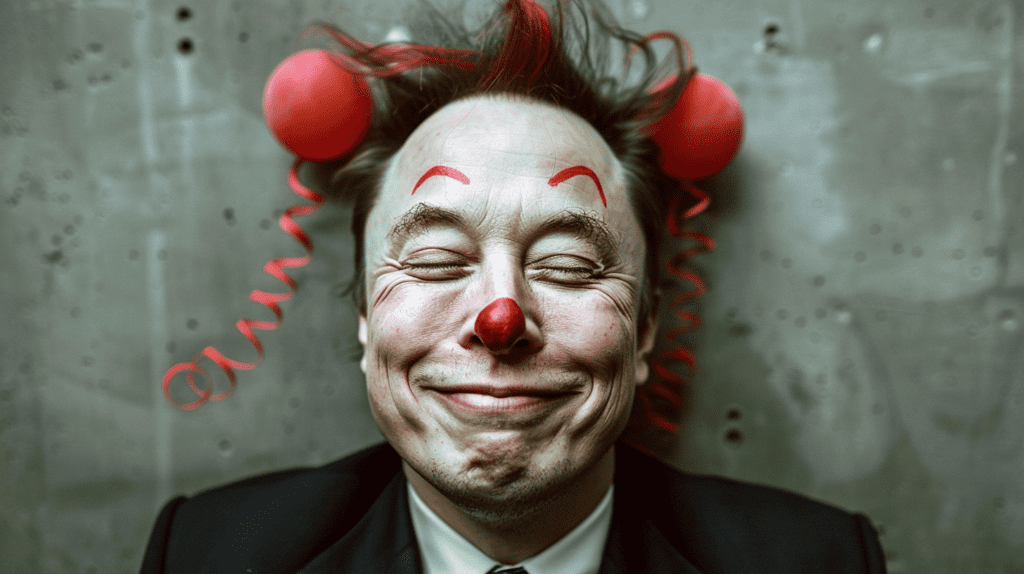One of two major parties in our American first-past-the-post voting system of dual-party reality, the Republican Party, has evolved (or devolved…) into a full-throated authoritarian movement seeking to overthrow our democracy, The Constitution, and the rule of law in order to establish a fascist regime in the United States. It’s been a not-so-secret fever dream on the right for decades and even centuries — and the old guard reflexively senses their time is coming to an end.
The demographic changes underway in America are inexorable — by the 2024 election cycle 8 million new young voters who have turned 18 since the 2022 mid-terms, and 5 million seniors aged 65 and up will have died. The first group will vote overwhelmingly Democratic, while the second group represents the ever-dwindling base of the Republican Party. Although historically older voters have participated at much higher rates than the youth voting percentage, the rate of increase for the 18-24 group is much higher.
Faced with these realities and the census projection of a majority minority population in the United States by the year 2045, the Republican right-wing is struggling to keep piecing together a voting base that can achieve victories in electoral politics. The GOP is now 3 cults in a trenchcoat, having been hollowed out and twisted to the point of trying desperately to hold increasingly extreme factions together for another election cycle in which they can try to capture power forever through gerrymandering and other anti-democratic election engineering — or at least long enough to erase the evidence of their criminal behavior during the Trump years culminating in a coup attempt on January 6, 2021.
The 3 Republican cult factions
- The Wealth Cult — A business lobby led by Charles Koch and a collection of dark money groups including Leonard Leo‘s Federalist Society and the American Legislative Exchange Council (ALEC), this group emerged out of the 1970s business backlash to the civil rights movement — while piggybacking on the still-simmering resentments of the anti-New Deal and pro-fascist America Firsters of the 1930s and the searing anti-Communism of the 1950s McCarthyism era turned, improbably, Russophilia in modern days.
- The Christian Nationalist Cult — Started by Jerry Falwell Sr. with the Moral Majority circa 1979, the politicized Evangelical movement is inexplicably led today by “sudden believers” Mike Pence, Mike Flynn, and others under the umbrella of the Council for National Policy (CNP), the New Apostolic Reformation (NAR), and other religious organizations involved in politics in large part as a backlash to the Broad v. Board of Education ruling and the federal mandate to end school segregation. Masquerading as so-called “originalists,” this coalition are rather radical reactionaries participating in a long-running backlash against civil rights and the women’s rights movements of the 1960s, including the Roe v. Wade ruling by the Supreme Court that legalized abortion — overturned in 2022 based on efforts by this group.
- The White Nationalist Cult — With roots in the 1980s white power movement stretching all the way back to the Civil War and the Lost Cause mythology that followed and long outlasted Reconstruction, today the white identity movement is led by Steve Bannon and Roger Stone, with a parallel intertwined branch led by Peter Thiel and the Dark Enlightenment neo-Reactionaries of Silicon Valley. This group includes dominant private militia groups involved in the January 6 insurrection including the Proud Boys and Oath Keepers (both of whose leaders have been convicted of seditious conspiracy for their roles in the coup attempt — with the Oath Keepers’ leader Stewart Rhodes sentenced to 18 years for his actions).
The Wealth Cult
Led by Charles Koch et al, the mostly aging, Boomer crowd who controls much of the US government either directly or indirectly as a donor or operative is starting to panic for one reason or another: the fear of death looming, existential worries about thwarted or unmet ambition, economic turn of the wheel starting to leave their fortunes in decline (with inflation as a common boogie man since the Wall Street Putsch of the 1930s). Much of this crowd inherited the free market ideological zeal of the Austrian School of economics (later, trickle down economics) from their fathers along with their trust fund fortunes that some have squandered (Trump), tread water with (Coors, Scaife), or grown (Koch, DeVos).






